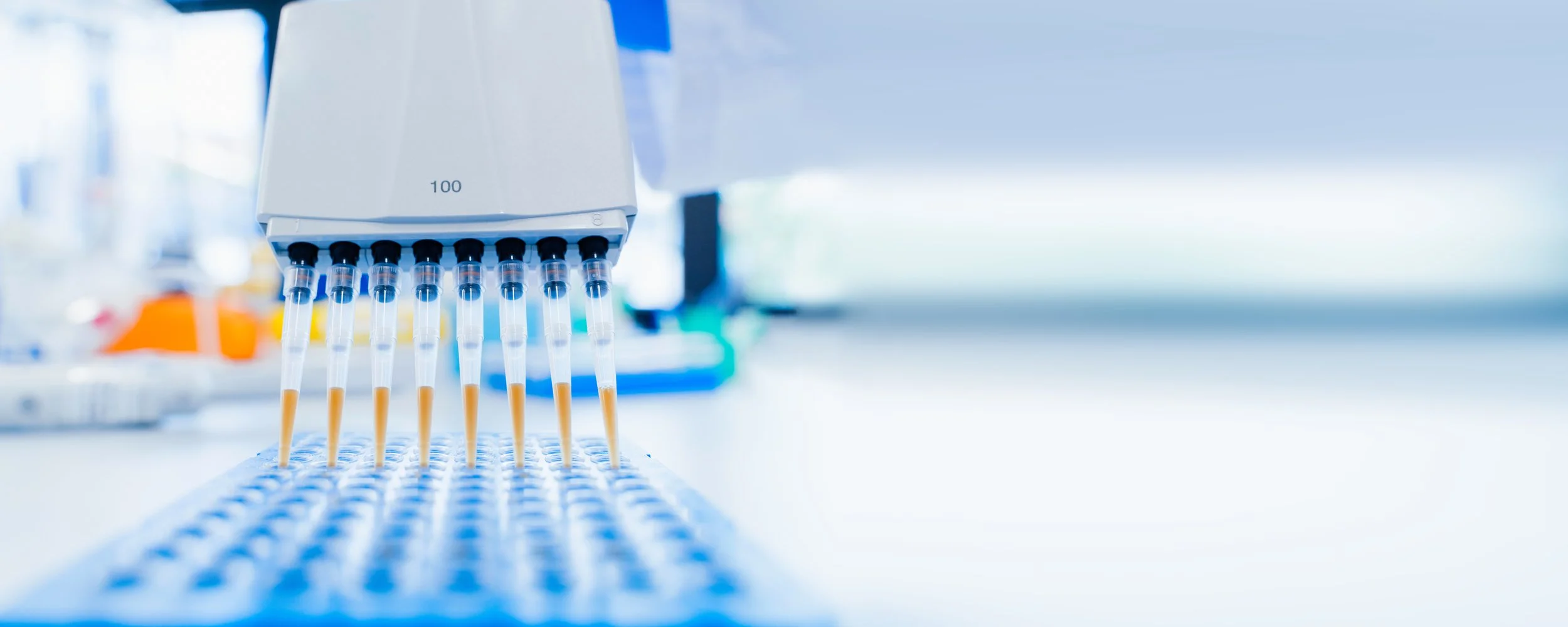
Sample Preparation
We have protocols for most sample types, including difficult to extract samples. Ask us for more information.
Extraction
Our standard extraction protocol involves an inhibitor removal step. To ensure non-biased lysing of bacterial and fungal cells, all of our extractions for amplicon sequencing use a bead beating step. For large projects we use the Kingfisher 96-well extraction robot when possible. We have methods for water, stool, tissue, insect, soil and blood. We incorporate multiple QC/QA steps and processes to ensure the highest quality extractions, and to provide controls at every step of the protocol.
We use Qiagen PowerSoil and PowerMag Soil as our default kits for most samples. These kits are especially good for samples with known inhibitors (e.g. soil, fecal, or blood), but appropriate for other sample types as well (bead beating step).
The Qiagen PowerWater kit is used for samples that require filtering. This kit extracts the entire filter rather than requiring subsectioning of the filter (bead beating step).
The Qiagen Microbiome kit is used for samples with a mixture of animal/human host and bacterial/fungal target. This kit eliminates host DNA during extraction, which is important for shotgun approaches (bead beating step).
The Qiagen MagAttract HMW DNA kit is used for samples that require longer fragments (no bead beating).
Library Preparation
Great results require great libraries. Let our experienced scientists help you get the most out of your important samples.
To get the best sequencing results requires high quality input libraries. RTLGenomics is experienced in a variety of library preparation techniques. Good libraries do require quality input material. Some library preparations are more forgiving than others. For example, the quality of the DNA for amplicon library prep only has to be good enough for amplification.
For this reason, fragmented, low concentration, and even slightly inhibited samples can yield appropriate library preparations. A brief discussion of some of the preparations we use can be found under the links below.
Short Fragment Libraries
Short Fragment libraries are primarily used for Illumina and Ion Torrent sequencing. Occasionally a short fragment library will be used. but this is not typical. RTLGenomics offers a variety of options for short fragment library prep.
-
Our standard approach is to use the Illumina recommended two-step protocol for generating libraries. We are also experienced with a one-step approach that uses the gene region primers as the sequencing primer during sequencing. There are positives and negatives to both approaches. Using a one-step approach allows for slightly longer amplicons because no sequence flows are allocated to the primer, however, unless the entire run is the same amplicon, different sequencing primers can interfere with each other and show a reduction in quality. On the other hand, a two-step approach increases the overall read quality of multi primer runs. However, it reduces the fragment size that can be sequenced and stitched together in paired-end sequencing. As there are two PCR steps, there is a higher chance of introducing contamination and bias. We have a number of assays available, a list is found here.
-
We have used Illumina Nextera kits, TruSeq kits and NEB Ultra kits in the past and are willing to use these in the future. Currently, our default kit is the KAPA HyperPlus kit. This is a robust kit, capable of using 6bp single or 8bp dual indexes. It allows for manual or enzymatic fragmentation and is flexible on the amount of starting material.
-
As with DNA libraries, there are a number of options for RNA libraries. The standard kit we use is the KAPA Stranded Library kit, with or without RiboErase. This kit (if samples are from certain sample types) allow for some flexibility with the quality of the RNA extract.

